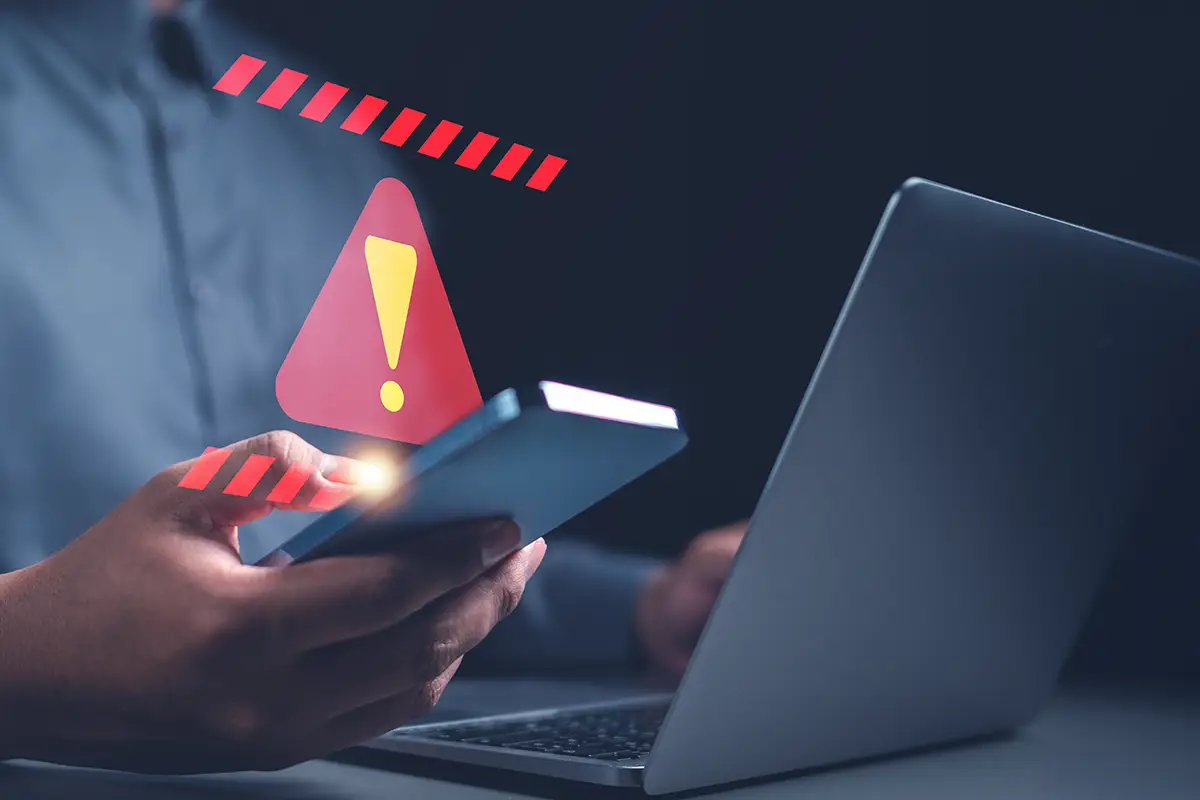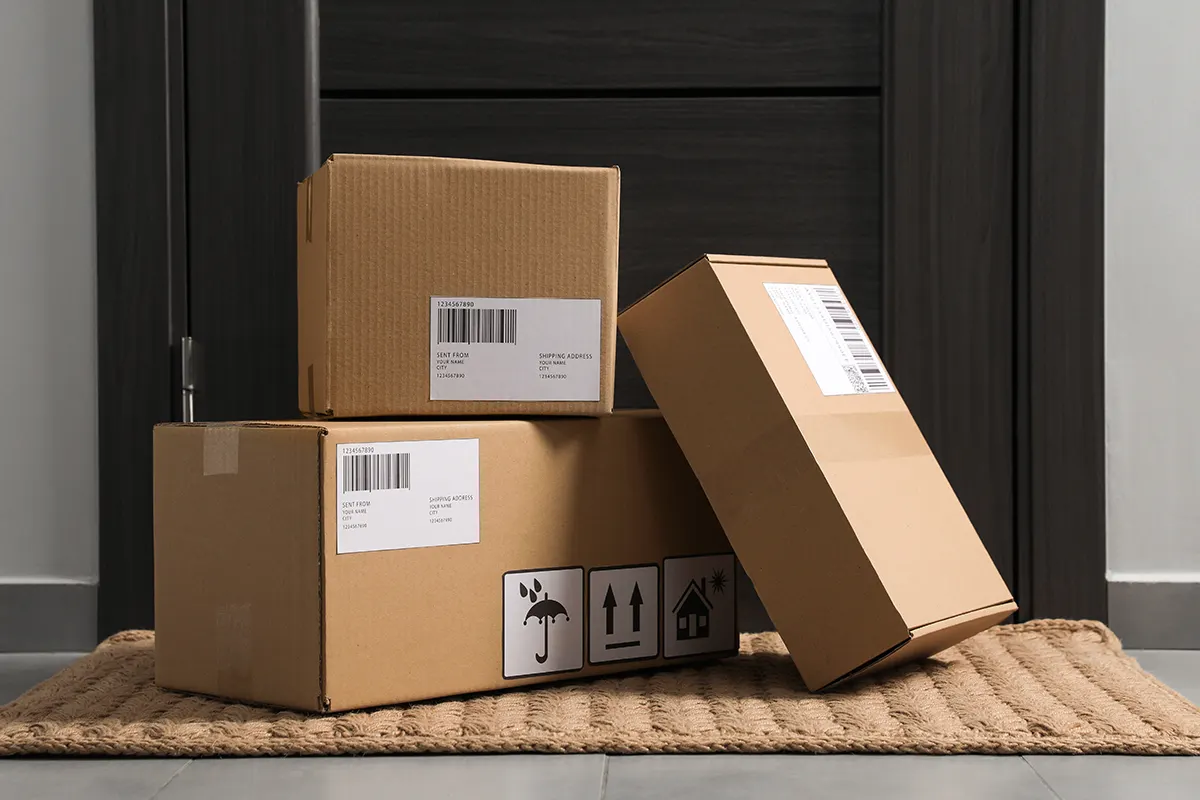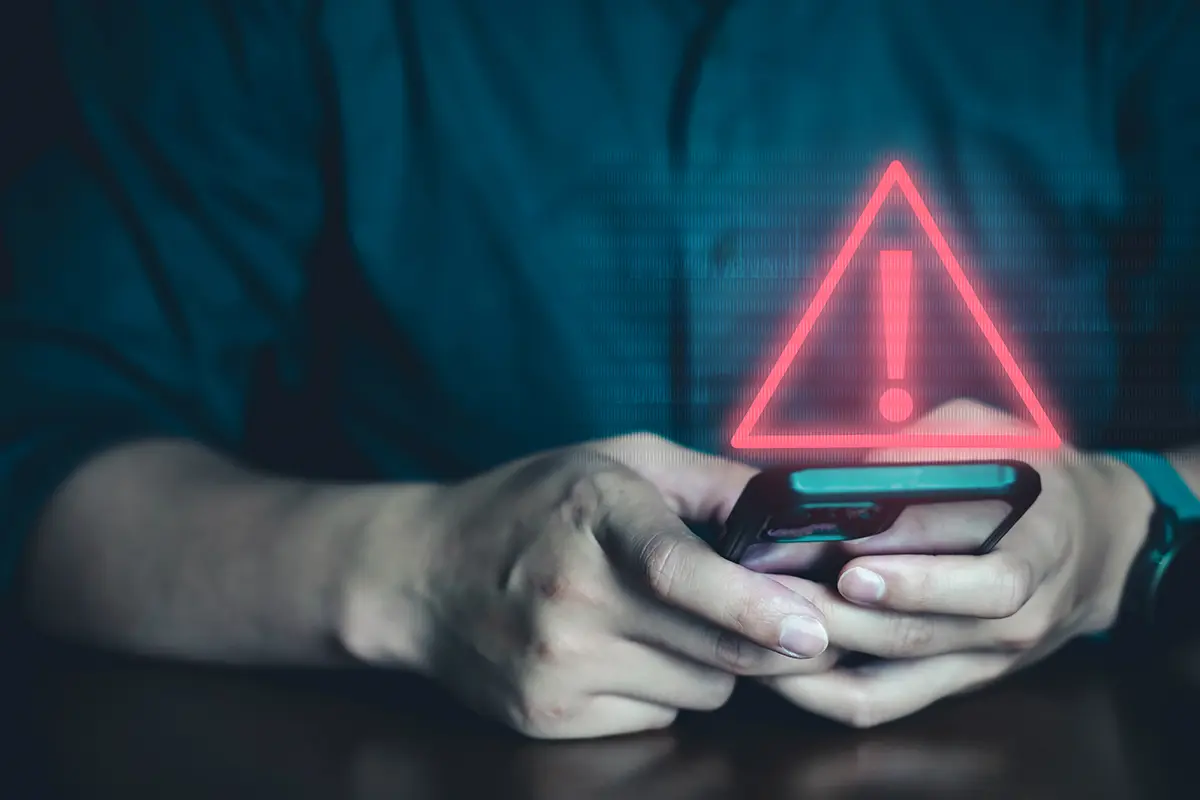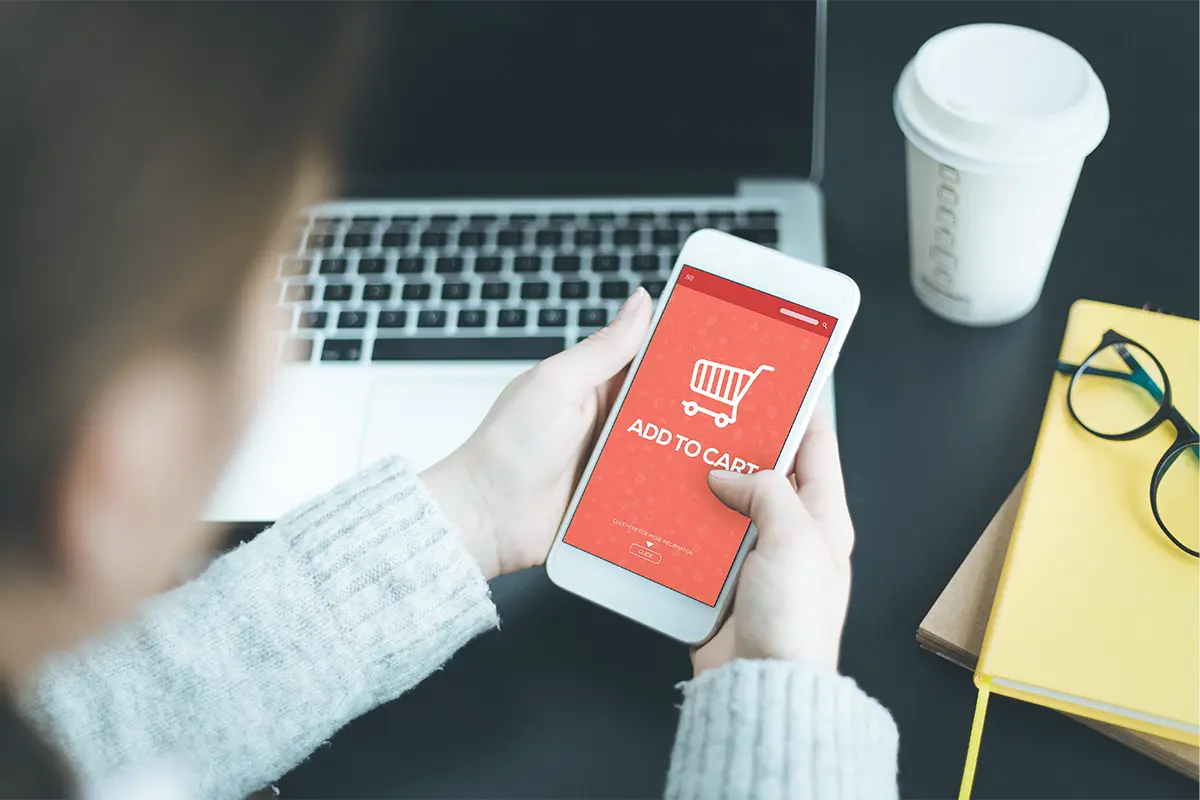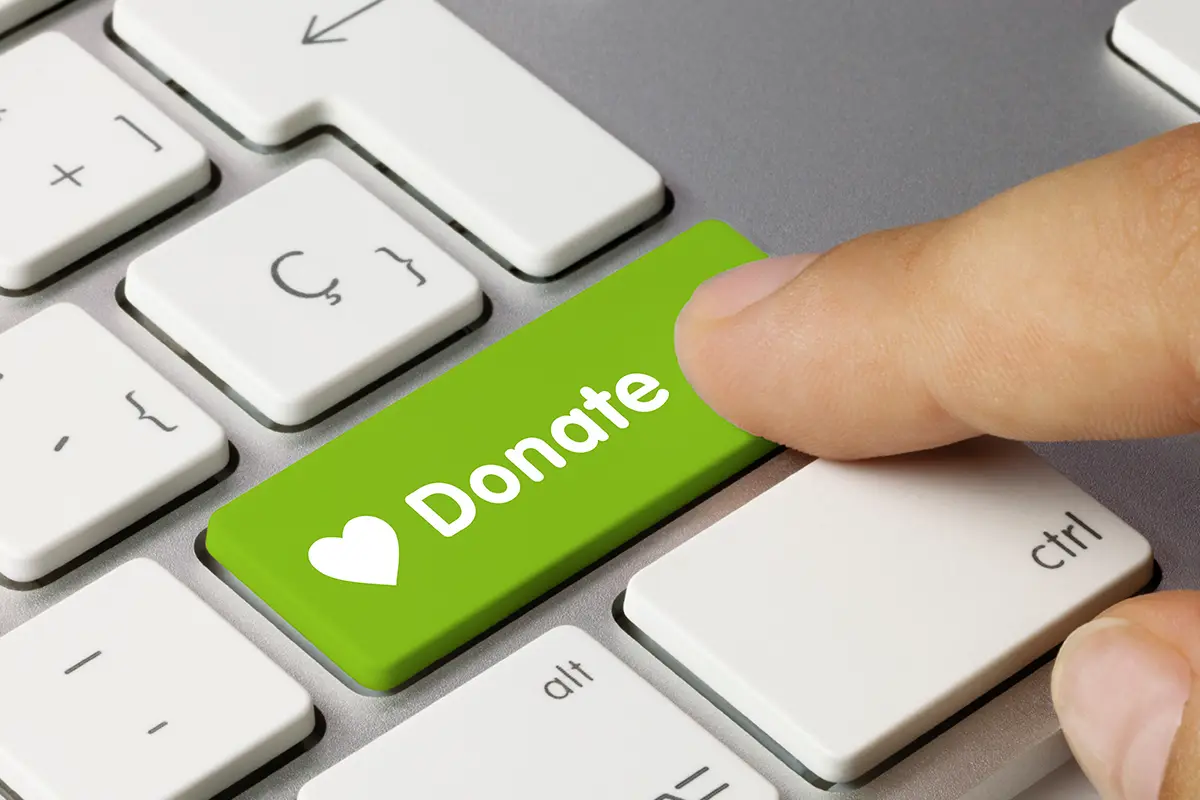
Fraud Awareness
Be on the alert and protect yourself from fraud
Get the knowledge and tips you need to avoid being a victim of fraud
Protecting your identity and financial reputation is a priority at Quail Creek Bank. We know the key to fighting back against fraud is to know what’s out there and how to protect yourself from being a victim. That’s why we created this resource page with education, tips, and other information—so we can fight back together.
Quail Creek Bank and your personal information
Fraudsters may pose as Quail Creek Bank employees attempting to access your account and personal information. Even if your caller ID reads Quail Creek Bank and our phone number of 405.755.1000, it could be a fraudster trying to trick you. When in doubt, tell the caller you would like to hang up and call the bank back directly. Doing so will ensure you are truly speaking with a Quail Creek Bank employee. Additionally, we will never ask you to provide personal information in a text or email communication.

